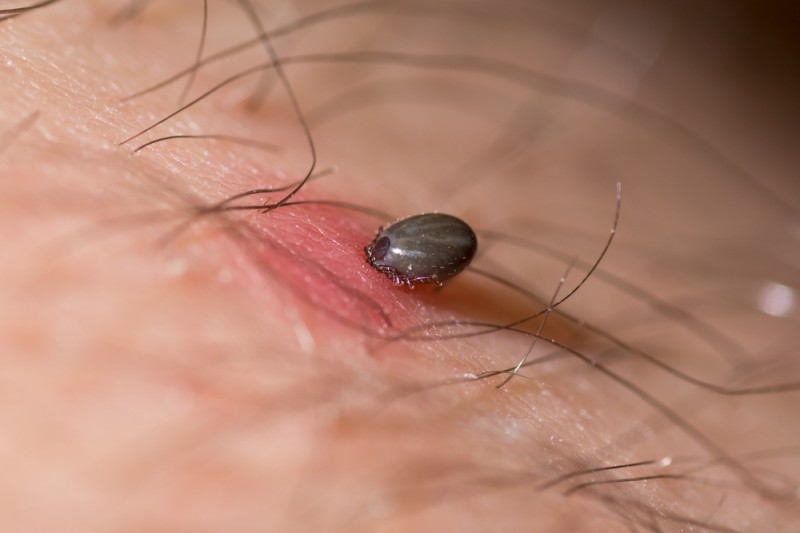article_detail
Date Published: 27/08/2021
ARCHIVED - Hunters say extending the rabbit hunting season will help reduce number of ticks
Farmers blame the surging populations of wild rabbits for the ‘plague of ticks’ which pose a danger to people and pets

This spring was particularly wet not only in Murcia, but in other areas of Spain and has led to a proliferation of ticks.
The wet spring also boosted populations of rabbits, rats and boar, with plenty of food available in the countryside, and this in turn has helped to contribute to increased populations of ticks.
Although the hot weather and dried grass has contributed to a major decline in numbers, as soon as the Autumn rains start to fall again the presence of ticks is once again expected to be more noticeable, increasing the risk for pet owners and indeed, walkers.
Certainly as campo dwellers ourselves, we have observed a huge increase in the presence of ticks this year and can also testify that rabbit populations have increased significantly.
Dog walkers who exercise their pets in grassy areas, meadows, wetlands or woodlands will be familiar with these insects, which look like flat, squashed, shiny spiders, waiting on blades of grass to cling to the fur of passing animals (or the hairy legs of cyclists or walkers!).
Once aboard, they burrow into the fur, bite into the skin and swell with blood to resemble bloated pieces of corn attached to the skin.
But although the bite is painful, the principal issue is the diseases that ticks can carry and the risk surrounding the actual bite, which is prone to infections and can make humans, as well as pets, very ill indeed, and even kill.
This week the Ed, has undergone the painful process of losing one of her dogs, part of the compounded problems caused by an undetected tick bite, in spite of having religiously administered flea treatments, vaccines and the dog wearing a new scalibor collar, as well as checkovers and brushing after walks.
There are more than 20 varieties of ticks found in Spain.
Farmers and hunters in the Region of Murcia have now added their voices to those of the veterinary professionals in reiterating that this summer there has been a “true plague” of these parasites, exacerbated by the increasing numbers of rabbits, hares and wild boars and which offer the preferred feeding ground for ticks.
According to Pedro Diego Gil of the Monte de Cieza Rabbit Hunter Society in a report published by La Verdad on Friday, the logical solution would be to lengthen the hunting season, since a reduction in the number of wild rabbits would naturally diminish the tick and flea populations in turn; agriculturalists have also been calling for spraying programmes to tackle the tick problem in badly affected areas and agricultural communities.
Earlier this year the College of Veterinarians of the Region of Murcia issued a series of recommendations for people to protect themselves against ticks, including using repellent and wearing light-coloured clothing so that the parasite can easily be seen.
Pet owners should always check their dogs thoroughly after a walk, as the ticks can quickly burrow down through the fur. Ticks can be easily and safely removed at home: simply dab with some pure alcohol or nail polish remover and it should drop right off.
It is really important to remove a tick as quickly as possible, as bites to humans can cause a range of illnesses including Lyme disease, encephalitis and neurotoxic paralysis and as is well-documented, serious and even fatal conditions for animals.
Veterinarians urge pet-owners to conserve the tick, in a closed jar filled with alcohol, so that vets and zoologists can identify the insect and determine which diseases it could be carrying, as each species can transmit different illnesses of varying severity.
Image: Archive
Contact Spanish News Today: Editorial 966 260 896 /
Office 968 018 268

































